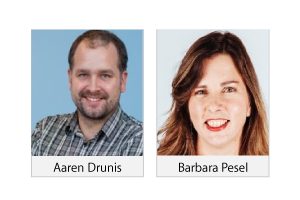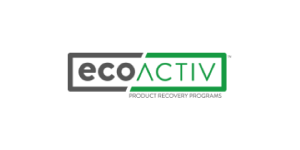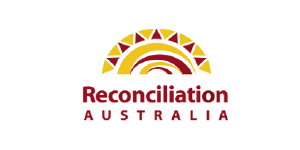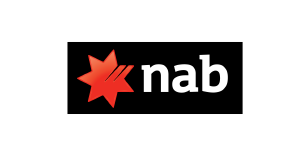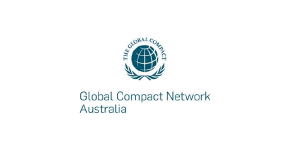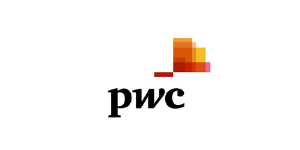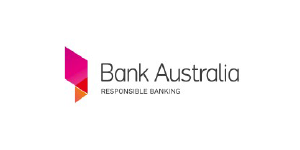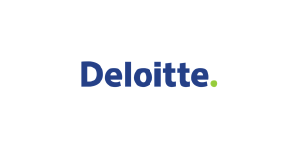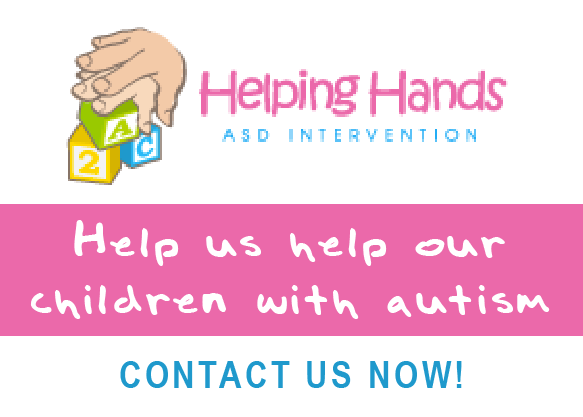
6 Great UN Global Compact Best Practices in 50 Words
If you are looking for inspiration to set off or to re-energise your commitment to the Ten Principles of the UN Global Compact, you will find this quite illustrating. Here we bring to you 6 remarkable best practices summarised in 50 words or less each, from Australian and international UN Global Compact signatories.
In the International context

(Denmark) |
Recently included in the “World’s Most Ethical Companies” list, in 2014 Coloplast launched a new Global Distributor Code of Conduct and through the Global Business Ethics Programme which includes training, auditing and communication tools like a Whistle-blower hotline, there were cero fines for noncompliance with laws and regulations reported (Principle 10) |
 www.microsoft.com www.microsoft.com
(USA) |
The disAbility Employee Resource Group (ERG) represents Microsoft’s employees with conditions such as hearing loss, blindness, visual impairments, ADD, mobility disabilities, and dyslexia. With more than 1,000 constituents, the group gives attention to numerous items such as sponsoring activities at an annual internal company event known as the Ability Summit (Principle 6) |
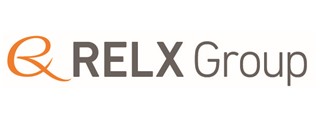 www.relx.com www.relx.com
(United Kingdom) |
In 2014, LexisNexis Legal & Professional (RELX Group’s business unit) released ”Dressed to Kill”, a report examining the cotton industry and human trafficking to raise awareness about what is happening today and to offer guidance on how to take actions to eliminate or reduce the risk (Principle 3) |
In the Australian context
The GoodBiz Network reached out to a few businesses and set them the challenge of choosing one of their several UN Global Compact Best practices and summarising it in 50 words. These are three great examples of commitment to corporate sustainability.

|
In FY14/15, through our Emissions Management Plan and the collaborative efforts of staff across the firm, we reduced our carbon emissions by 13.5% and became the first Australian law firm to be certified as carbon neutral under the Australian Government’s National Carbon Offset Standard (Principles 7 & 8). |

|
Since 2010, approximately 160 Karen refugees resettled in Nhill, Victoria, helping to revitalise the town. Small Towns, Big Returns is a joint AMES and Deloitte Access Economics report on the value of such initiatives. The economic impact of the labour supply provided by the Karen, modelled by Deloitte Access Economics, is estimated to be $41.5 million (Principles 1 & 6 ). |
 www.bankaust.com.au www.bankaust.com.au |
The Bank Australia Conservation Reserve is a private nature reserve where the bank offsets the impacts that their products have on the environment, a world first for a financial institution. On behalf of customers, the bank has offset 572,963m2 of biodiversity and 66,899 tonnes of carbon through loan products (Principles 7 & 8). |







